No question, the Royal Opera is on a roll. Just look at the cast list alone for Deborah Warner’s new production of Britten’s Peter Grimes. Allan Clayton sings Grimes, Bryn Terfel is Captain Balstrode, and John Tomlinson is Swallow, with Mark Elder conducting. Even before you get to a supporting cast that includes premium names such as James Gilchrist, Jennifer France and Catherine Wyn-Rogers, you’ve basically got the three pre-eminent British male singers of their respective generations, singing their boots off in the greatest of all British operas under the baton of the conductor who (it’s naive, but let’s dream) really ought to succeed Antonio Pappano when he leaves the Royal Opera in 2024. If that’s not exactly what a flagship national opera company ought to be giving us, I don’t know what is.
And that’s just the raw talent. Throwing big names at an opera is never a guarantee of artistic success, but Warner has a grip on her company and her vision that’s as sure, and as uncompromising, as Elder’s conducting: taut, clear, and accelerating towards its conclusion with the implacable, elemental pace of the North Sea storm surges that menace Britten’s East Anglian fishing village. It smashes against your emotional defences; in between, there are moments of strange, piercing beauty, bathed in the overcast yellows and greys of Peter Mumford’s lighting designs. You reel out on to Bow Street as though you’ve been standing on a sea wall in a spring gale: scoured and buffeted, emotionally drenched – exhausted, but somehow braced by the experience.
It’s superb. But – does there have to be a ‘but’? In this case, yes, and we’ll deal with it presently. It’d be churlish, though, not to acknowledge the countless things that Warner gets right; in many cases, so right that it’s already hard to imagine them being done any other way. The drama is framed by moments of fantasy, realised by wondrously subtle aerial effects. The opening inquest plays out as Peter’s nightmare and throughout, he’s presented as a man trapped inside his own fears and memories, strange and estranged. Warner exonerates him of the deaths of his apprentices but in Clayton’s portrayal, he’s never remotely knowable. Singing with icy, stinging fervour, he’s equally convincing as an oddball visionary and as the cornered animal who (in the single most upsetting scene) lashes out at Maria Bengtsson’s well-meaning Ellen Orford.
The drama really pivots on Bengtsson, and it’s wrenching to see. In this updated, 21st-century Borough she’s no Victorian widow but a young woman in her early thirties, her rucksack, skinny jeans and Scandi-chic knitwear signalling her middle-class aspirations with a deftness that doesn’t always extend to the rest of Warner’s vision. Bengtsson’s Ellen is a marvellous, deeply touching characterisation, her voice yearning ever more luminously as her hopes turn to ash. In this production, there’s never any reason why that voice should blend with Clayton’s alienated, sodium-light Peter, but whenever Bengtsson sang with Terfel – whose Balstrode, alternately gruff and glowing, ranks just behind his Hans Sachs for understated compassion – the stage flooded with human warmth. Needless to say, Clayton, Terfel and Bengtsson can all power thrillingly above the crowd scenes, which were detailed, naturalistic (mostly) and sung with savage force.
Of course, you’re not meant to feel comfortable with those crowds. They’re a human analogue for the sea; a primal, sometimes brutal force. These people, as a mob, are not fully human, and the characters that Britten picks out – the prim vicar, the handbag-clutching busybody – don’t really fly any more except as dated stock figures, last seen in 1990s sitcoms. It’s a problem that any director needs to finesse, and particularly in a staging like this, where Michael Levine’s designs reproduce a shuttered, decaying seaside town down to the last traffic cone and chip wrapper. Warner and her colleagues clearly intend this to be a recognisable 21st-century Britain. Jarringly (since nationalism plays no part in the plot or characterisation), she had the climactic lynch mob brandishing Union flags.
That felt cheap, though for much of the evening it looked as if Warner and co. had been getting their ideas about contemporary Britain from Martin Parr photographs (the programme revealed that she’d undertaken research trips to Jaywick and Margate, whose residents will doubtless be gratified at being portrayed as chest-beating thugs for a Covent Garden audience). I suppose one should see it as an aesthetic choice, a vibe, and not (to paraphrase Dennis Potter) a prolonged jeer about the dreadful Brexity attitudes of the feral working classes. Still, it sat queasily alongside the insight and empathy that Warner brings to the central characters, and to the piece as a whole. I hope she revisits these scenes, because it’s a bitter irony that a production that comes so close to greatness should be weakened by prejudice, however chic.
Got something to add? Join the discussion and comment below.
Get 10 issues for just $10
Subscribe to The Spectator Australia today for the next 10 magazine issues, plus full online access, for just $10.
You might disagree with half of it, but you’ll enjoy reading all of it. Try your first month for free, then just $2 a week for the remainder of your first year.

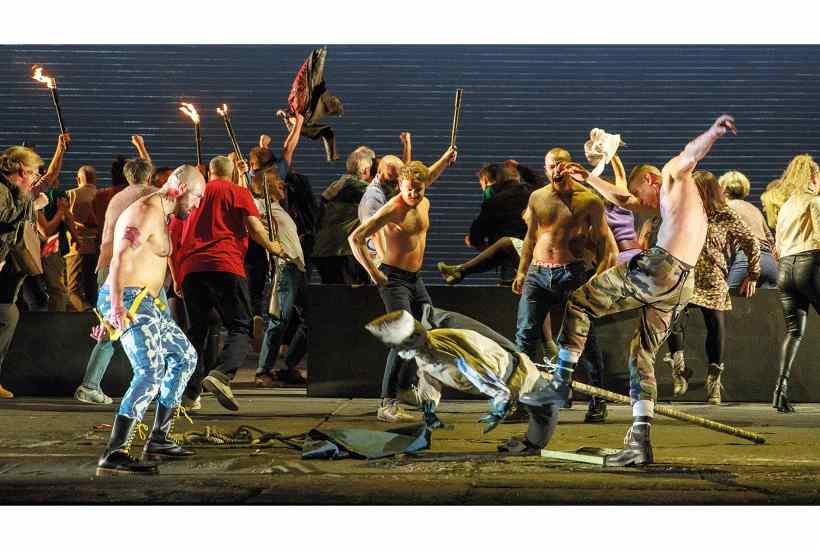

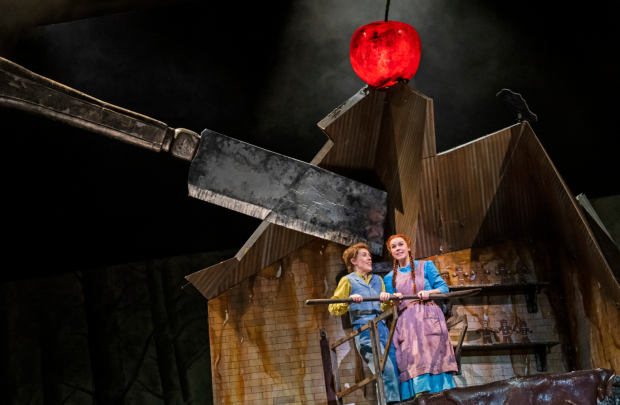
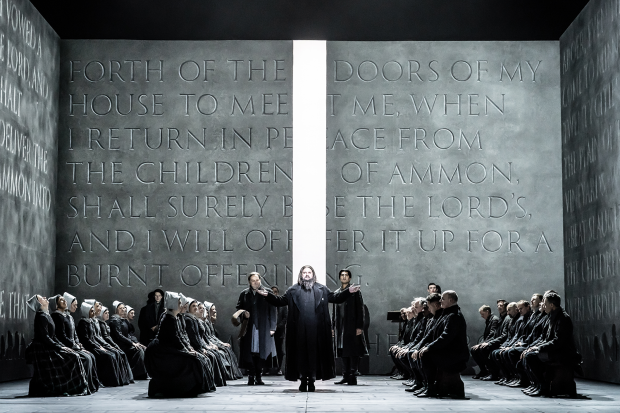
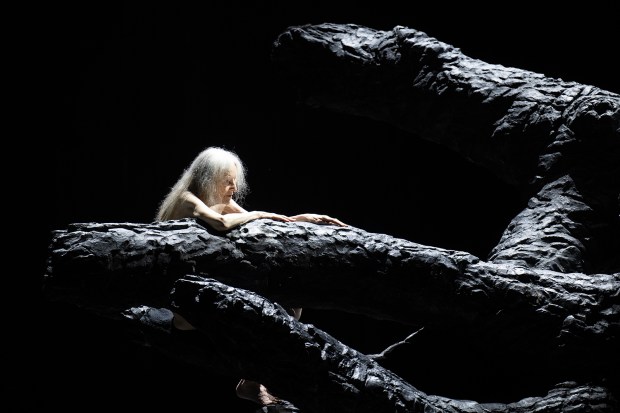
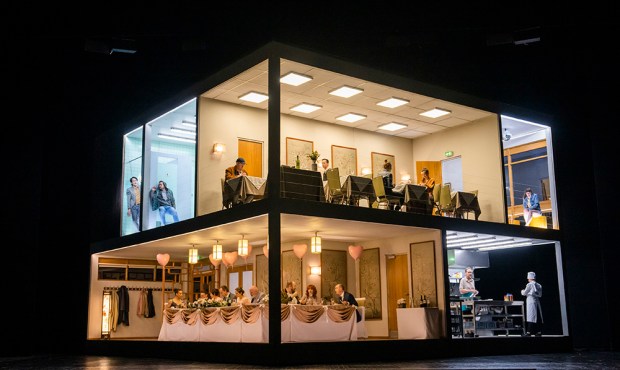
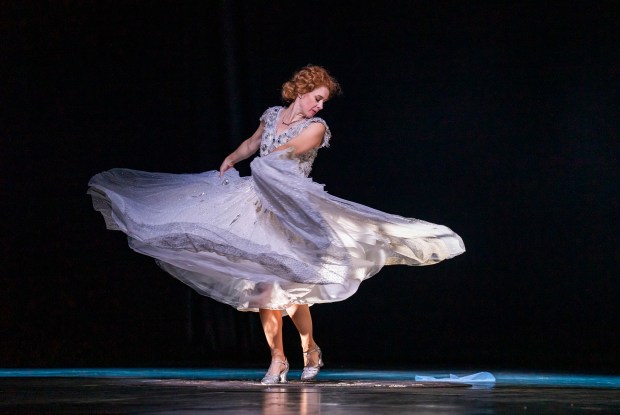






Comments
Don't miss out
Join the conversation with other Spectator Australia readers. Subscribe to leave a comment.
SUBSCRIBEAlready a subscriber? Log in